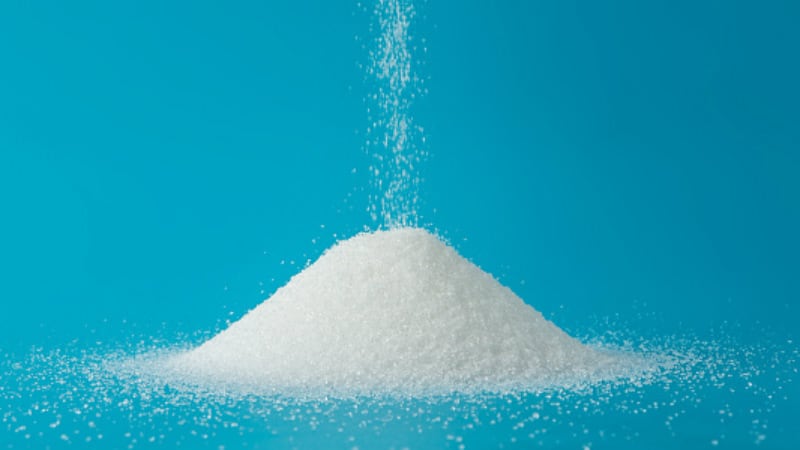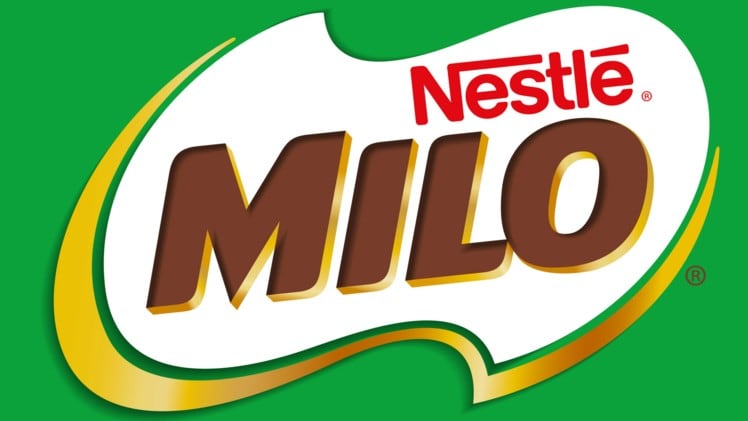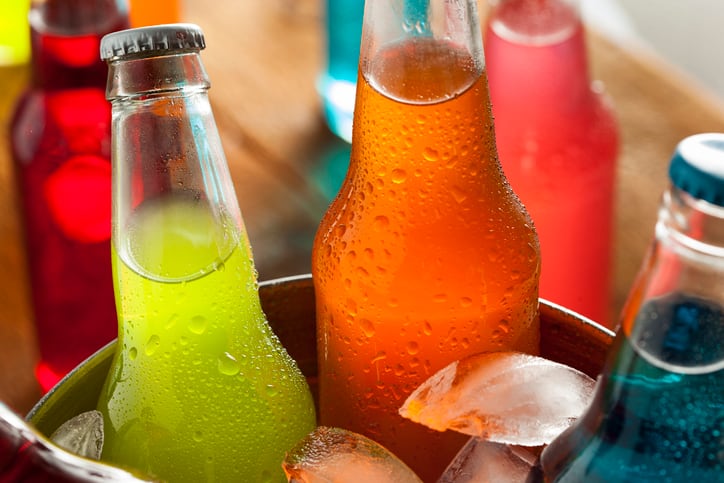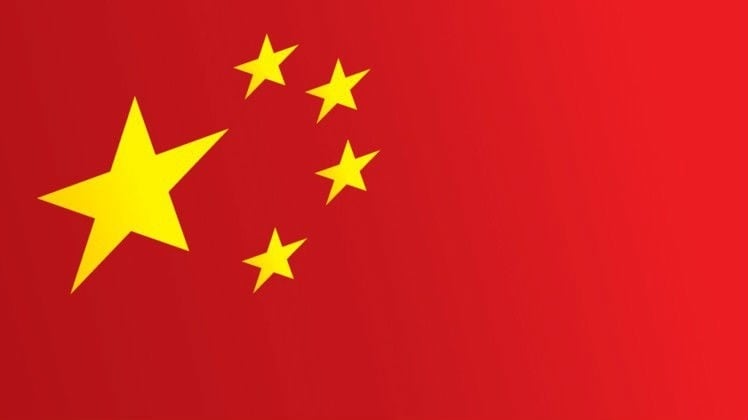According the latest order document issued by the SRA, this was the second sugar import programme for the country in 2018-2019, after the first round in October last year.
“The maximum volume covered by this order shall not exceed 250,000 metric tons (MT) either standard grade refined sugar or bottlers’ grade refined sugar,” read the latest order approved earlier this month by Agriculture Undersecretary Roldan Gorgonio, Board Member – Millers’ Representative Roland Beltran and Board Member – Planters’ Representative Emilio Bernardino Yulo.
“Industrial users shall only be allowed to import bottlers’ grade refined sugar [capped at] 100,000 MT, [and] consumers, end-users and sugar producers at 150,000MT.”
Bottlers’ grade refined sugar was classified as sugar with colour less than or equal to 35 International Commission for Uniform Methods of Sugar Analysis (ICUMSA) units, whereas standard grade refined sugar would have colour between 35 and 100 ICUMSA units.
Lower units correlate with less pigmentation, though experts are still debating whether this also correlates with nutritional value.
Industrial users were defined as food, confectionaries, biscuits and beverage manufacturers that ‘included sugar in their product formulation’, excluding Small Medium Enterprises (SMEs) and other related entities under the Custom Bonded Warehouse (CBW) SME-assistance scheme.
All sugar importers have been limited to a maximum volume, standing at 15,000MT for industrial users and 12,500MT for all others.
The signatory board members said that this decision came on the back of a supply shortage in the country, as well as requests from local F&B manufacturers.
“We have received letters requesting allocation of refined sugar from Coca-Cola, Pepsi, URC (Universal Robina Corp.), among others,” Beltran told PhilStar.
“We need to act and perform pre-emptive measures so that prices of sugar will not spike to unreasonable level that could otherwise trigger inflation.”
Yulo added that sugar production in the country is expected to come in at some 2.07 MT this year, below the volume produced last year (2.08 million MT as per statistics on the SRA website).
“Latest SRA figures [show] an apparent tightness in the supply of refined sugar and so the need for a programme to address such situation. We cannot afford a situation where tightness in supply would drive retail prices up and open the industry to liberalisation,” he said.
Not unanimous
That said, the sugar order was not signed by SRA Administrator Hermenegildo Serafica, with the space left for his signature left prominently blank on the final published document.
According to Beltran, this was because Serafica was holding out for a separate version of the sugar order to be approved instead, which leaned much more heavily towards industrial importers.
“His prepared draft calls for all bottlers’ grade refined sugar and exclusively for industrial users at 200,000 MT. In short, his draft was in violation of the equal protection clause. The sugar board cannot accede to it,” he said.
More on the sugar order
The SRA also stated that it was compulsory for ‘up to 50% of the total volume of importation or up to 50% per approved allocation’ to enter into the Philippines not later than September 30 this year, with any remaining volumes to arrive not later than October 31.
This means that all successful applicants would have less than two months to secure the sugar supply for import from the date of application approval.
Failing this or any other violation of the application agreement, a penalty would be applicable, by way of forfeiture of a PHP350 (US$6.70) Production Enhancement Bond and/or a PHP150 (US$2.87) Performance Bond per 50kg bag of sugar, pre-collected by the SRA.





